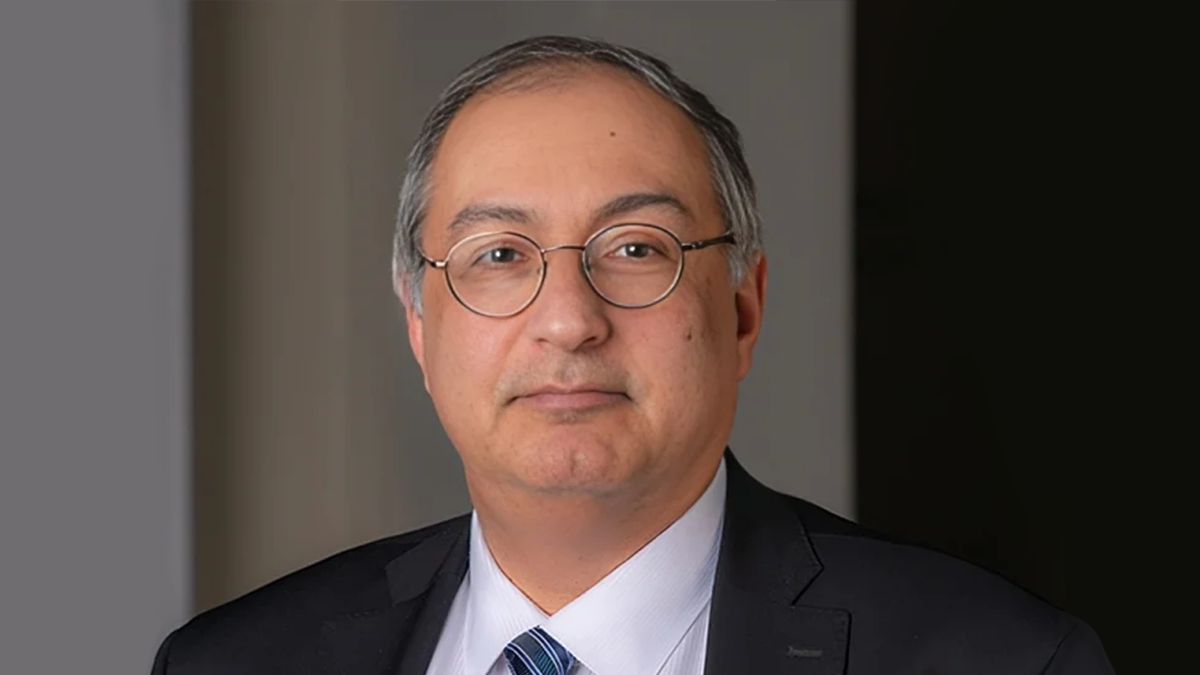Wafik S. El-Deiry, Associate Dean for Oncologic Sciences at the Warren Alpert Medical School, shared a post on LinkedIn:
“I had a denial of FOLFIRI plus Cetuximab in the frontline setting in mCRC with clinical documentation and yesterday was asked to do Peer-to-Peer call with insurance company as my patient was scheduled to be treated on Monday. The prescribed treatment would be on hold until the required (by the insurance policy) peer-to-peer communication would occur.
When I asked why, I was told because the patient’s plan requires it and her treatment is put on hold until the requirement is fulfilled. I gave times in the afternoon as well as after 5 pm and was told I’d receive a call after 5 pm. I received a call after 5 pm yesterday on Friday while en route from Rhode Island to an evening event in Boston and the call went directly to voicemail with no message. I saw it immediately at the time and called back right away. When I called the number I had to get through a menu for several minutes. It was mind-boggling that part of the menu had multiple different insurance companies and of course at that moment I didn’t know what company the patient’s policy is from. So I had to look that up but that took time to navigate through Epic on a mobile phone. There wasn’t any easy place and so I thought about it and found a scanned requisition for a test that mentioned the insurance company’s name. With that exciting progress, I called back and was able to get past that question and another long menu of medical specialties including special messages I had to listen to for other medical specialties regarding what to do in very specific circumstances until I got to medical oncology and the peer-to-peer option.
At that point I was asked to enter the case which I also didn’t have and had to go back and try to find it where it was listed as a reference . Eventually the menu connected me to a human person and by then I had found the case or reference which I gave to her. By then well over 10 minutes had elapsed and she refused to connect me to speak with the “peer” on her end for the required peer-to-peer communication that was scheduled. I asked her how she would feel if her doctor was in my situation and was denied contact to advocate for her treatment that was being delayed having nothing to do with appropriateness as the treatment in this case is very straightforward and recommended per NCCN guidelines for her case. She said she didn’t have to answer that. I offered my availability Friday night to speak with the “peer” and was informed this had to be rescheduled for Monday when the patient was scheduled to be treated. I agreed to do this peer-to-peer on Monday morning.
We have to do better than this.”
James P. Crowley, Professor of Medicine Emeritus at Brown University, reshared the post, adding:
““This is incredibly frustrating and highlights a critical issue in our healthcare system—administrative barriers delaying patient care.
Peer-to-peer requirements are meant to ensure appropriate treatment, but in cases like this, they often create unnecessary hurdles for clinicians and, most importantly, patients. It’s disheartening to see evidence-based, NCCN-guideline recommended therapies being delayed due to bureaucratic inefficiencies.
Your persistence in advocating for your patient is commendable, and this situation underscores the urgent need for policy reforms to streamline such processes.
“Wishing your patient a smooth treatment journey and hoping systemic changes can address these challenges soon.
Hamzi Jazuli posted this in response on LinkedIn.”
James P. Crowley is a Professor of Medicine Emeritus at Brown University and serves as a volunteer physician at the Rhode Island Free Clinic. He has held leadership positions in the medical community, including past President of the Rhode Island Medical Society and the last President of The Providence Medical Association.
Wafik S. El-Deiry, MD, PhD, FACP, FRSM, is the Associate Dean for Oncologic Sciences at the Warren Alpert Medical School and Director of the Legorreta Cancer Center at Brown University and Director of the Joint Program in Cancer Biology at Brown University and affiliated hospitals. He is the Editor in Chief at Oncotarget. Dr. El-Deiry discovered p21(WAF1) as a p53 target gene, cell cycle inhibitor, and tumor suppressor that explained the mammalian cell stress response. Dr. El-Deiry’s research is focused on mechanisms of therapy resistance with major efforts in drug discovery and development.
Read more posts featuring Wafik S. El-Deiry.


